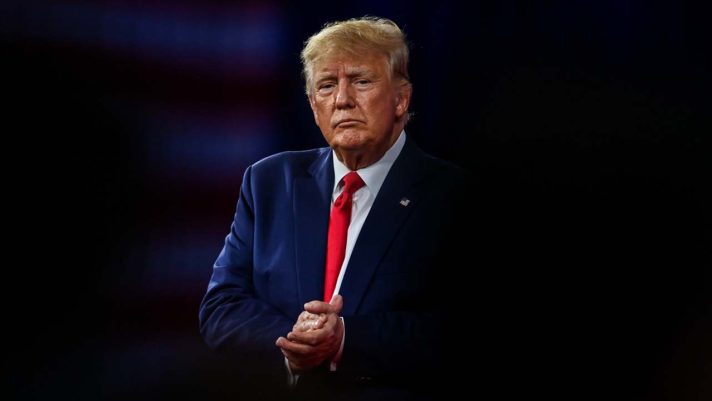The United States (US) President-elect, Donald Trump has called on American non-intervention in the ongoing conflict in Syria.
This was as the opposition fighters launched a highly coordinated offensive, capturing numerous cities and advancing to the outskirts of Damascus on Saturday.
This unprecedented development suggests that the opposition is preparing a decisive move to challenge the Assad regime’s control.
The offensive comes as Russia, a long-time ally and protector of the Assad government, appears constrained by its heavy losses in Ukraine.
Reports indicate that over 600,000 Russian soldiers have been lost in the ongoing war, leaving Moscow unable to intervene effectively in Syria.
This situation marks a significant shift in the balance of power in a region where Russia has maintained a dominant presence for years.
Trump has however weighed in on the unfolding crisis in a statement linking the current chaos in Syria to the Obama administration’s failure to enforce the “red line in the sand” policy, which he claims led to Russia’s intervention.
Trump suggested that Russia’s involvement in Syria had little strategic benefit beyond embarrassing the Obama administration.
Trump further cautioned against U.S. involvement in the conflict.
“Syria is a mess, but is not our friend, and THE UNITED STATES SHOULD HAVE NOTHING TO DO WITH IT. THIS IS NOT OUR FIGHT. LET IT PLAY OUT. DO NOT GET INVOLVED!”
As Syria edges closer to a potential turning point, the situation indicates the complexities of foreign intervention and the shifting dynamics in the region.
While the U.S. has traditionally played a key role in Middle Eastern geopolitics, Trump’s warning highlights a growing sentiment that America should steer clear of entanglement in Syria’s ongoing power struggles.
The current crisis has left global powers and regional stakeholders grappling with how to respond to the changing tides of the Syrian conflict.
All eyes are now on Damascus, as the opposition’s advance raises critical questions about the future of the Assad regime and the broader implications for stability in the Middle East.








